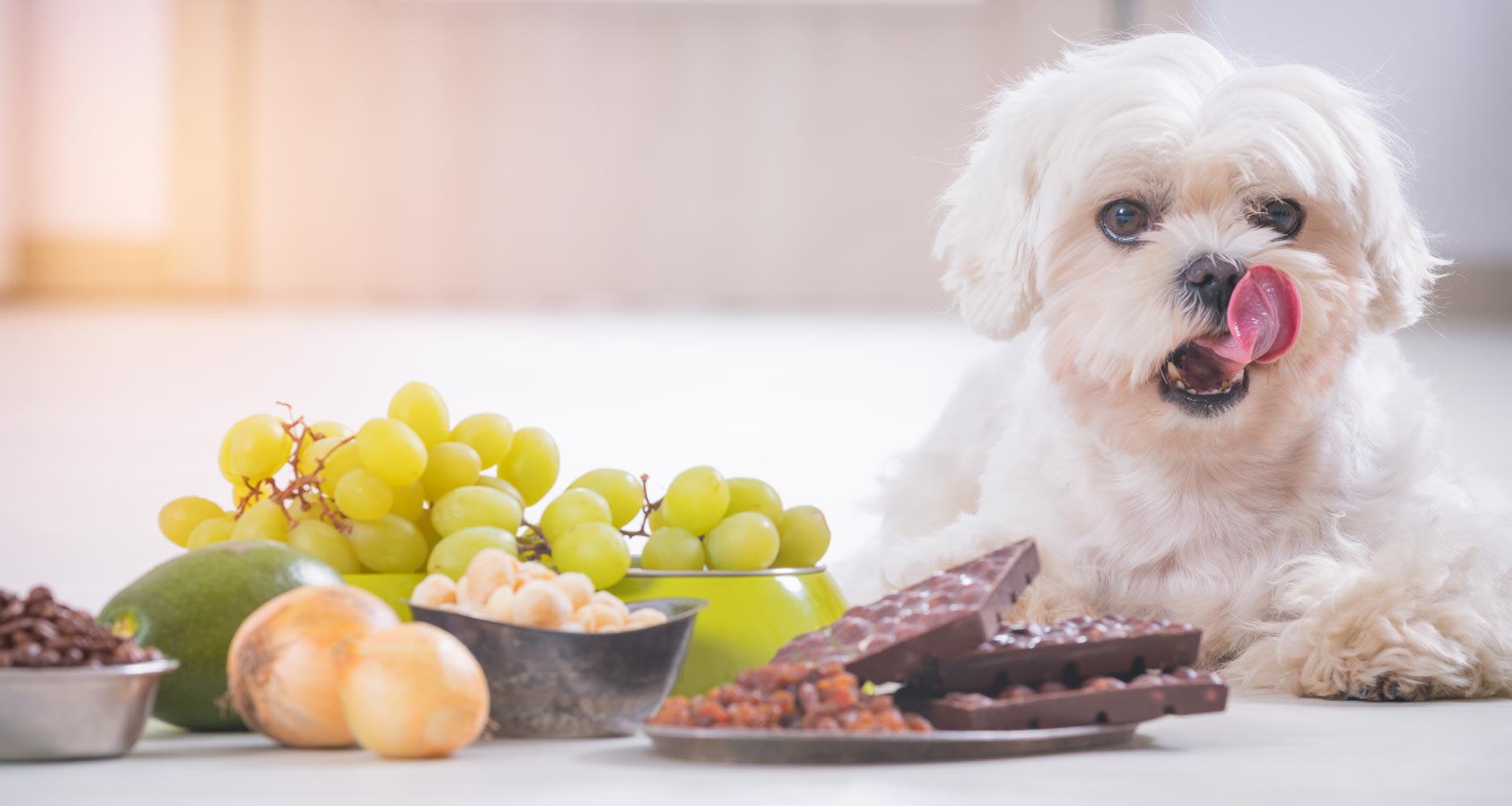SAFETY & EMERGENCIES

VOTING BOOTH

TRENDING

LIONS FOUNDATION OF CANADA DOG GUIDES
Lions Foundation of Canada Dog Guides and its founding program, Canine Vision Canada, was established in 1983. It’s the largest school of its kind in Canada with its training school in Oakville and breeding facility in Breslau.
Poison Dangers for Dogs

Even though dogs are wonderful resilient creatures, there are some things they should never eat.
Here’s a list of dangerous foods, medicines and items that are poisonous:
- CHOCOLATE: Any type of chocolate or products that contain chocolate (including cocoa and cocoa powder). Be especially careful around Valentine’s Day, Easter and Christmas. Symptoms can be delayed, so if you catch your pooch in the act, get him to the nearest veterinary clinic immediately.
- RODENTICIDES: Even though mouse and rat poisons may taste terrible, your dog might still eat them. Perhaps they don’t touch it for weeks… but maybe when there’s a rodent your dog’s interest spikes.
- IBUPROFEN AND ACETAMINOPHEN: Sometimes dogs find these medicines; sometimes owners give it to them. Pet pain should be treated with pet pain medicine that your veterinarian prescribed. Block access to areas with human pills (that reduce pain, fever and inflammation) and place objects (for example your handbag) containing pills out of reach.
- INSECTICIDAL PRODUCTS: Something as seemingly harmless as an ant bait station, it can cause a lot of trouble when your dog is after the food source inside and ends up ingesting it, plastic and all. Some products also have dangerous active ingredients that could be poisonous.
- XYLITOL: This sugar-free sweetener is becoming increasingly popular. Today you can find it in gums, mints, dental products, vitamins, food, candy, medications (even nasal spray) and dental floss. Since you don’t always know which products contain xylitol, you need to be vigilant!
- HOUSEHOLD CLEANERS: Think ‘anything that cleans’, for example toilet bowl cleaners, bleach, antibacterial spray, disinfectant products, laundry and dishwasher pods, and more. The pods, with their high concentration of detergent, are especially dangerous. Little pieces can also be inhaled. Cleaning products can cause anything from an upset stomach to pneumonia, or worse.
- ANTIDEPRESSANTS: Since more people are using antidepressants, the number of accidental ingestion in dogs have increased. These pills should be kept in a safe place, always out of reach. Signs of ingestion include lethargy, ataxia (seeming drunk), sedation, agitation, tremors, vocalization, hyperthermia, dilated pupils, vomiting, irregular heartbeats, panting, weakness and possibly seizures.
- FERTILIZERS AND PLANT FOOD: Some fertilizers and plant food contain bone meal, blood meal, feather meal and fish meal that could be attractive to dogs and cause them to ingest a whole bunch of the stuff. Keep the bags away from dogs and only use these products in parts of the garden dogs can’t access.
- GRAPES AND RAISINS: We don’t know why, but these two are toxic and can potentially cause life-threatening renal failure in some dogs. Remember, grapes and raisins can be present in products, for example snack bars and muesli.
Other Dangerous and Possibly Poisonous Items:
- Nuts
- Alcohol
- Avocado
- Caffeine pills
- Vitamin D3 and iron
- Cold and allergy medicines
- Cardiac medications (e.g. calcium channel blockers and beta-blockers)
DOG PROOFING
Your Rufus or Molly might be clever and resourceful, so always make sure they NEVER have access to any of these things. Also share this information with your friends, family and dog sitters.
IF YOUR DOG HAS INGESTED ANY OF THESE ITEMS, MAKE YOUR WAY TO THE NEAREST VETERINARIAN IMMEDIATELY.
Related Articles


side_slide2
side_slide1






